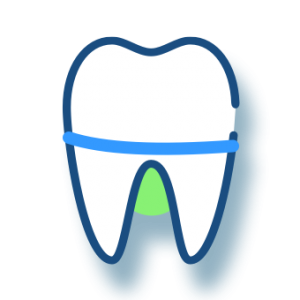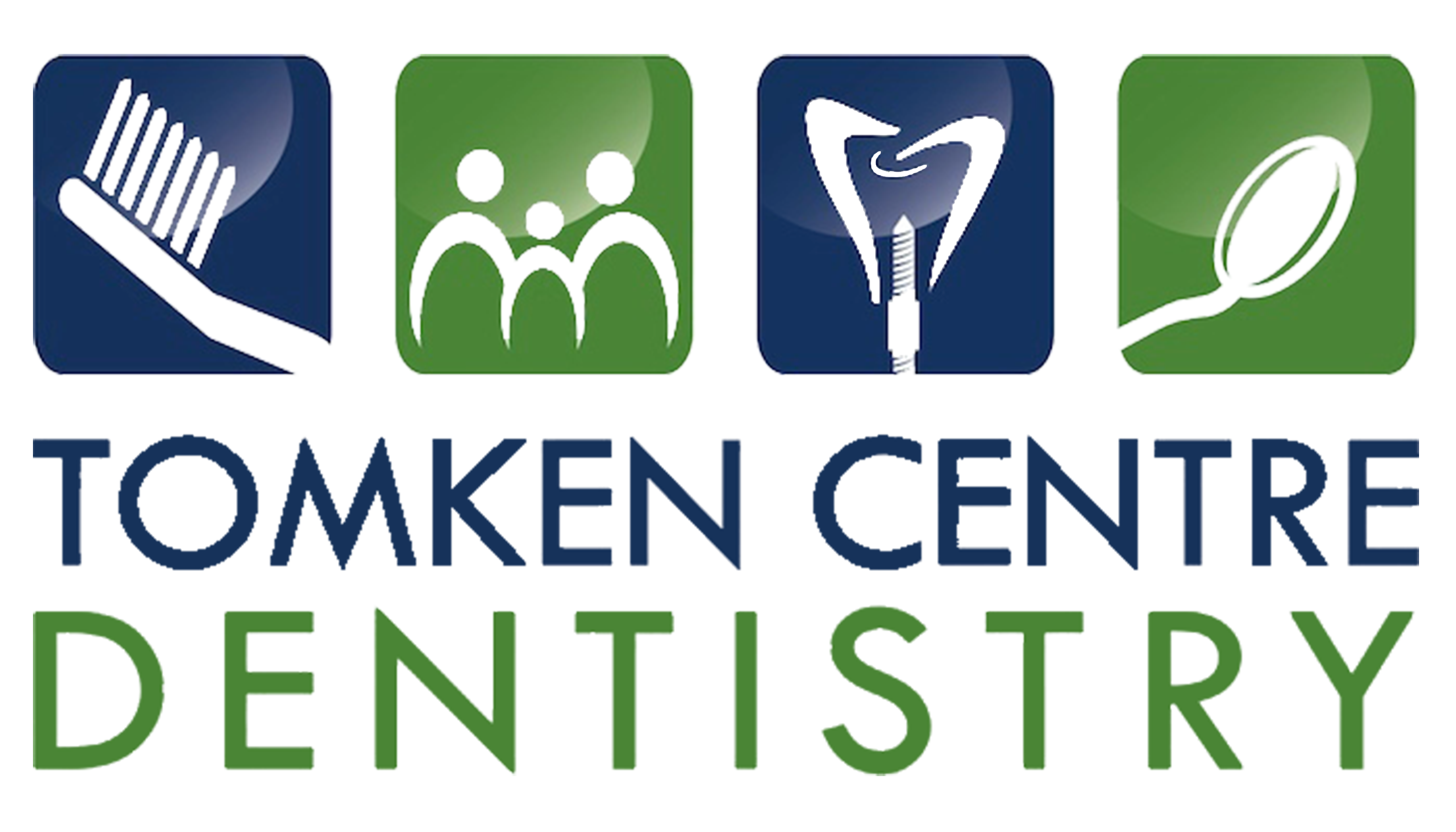4 Types of Dental Bridges

A dental bridge is an ideal solution for restoring missing teeth and making smiles whole again. As the name suggests, dental bridges essentially “bridge” the gap left by a missing tooth with a synthetic tooth anchored to one or multiple dental crowns.
Once your doctor determines that you’re a candidate for a dental crown, there may be up to four types of dental bridges from which to choose. Each type of bridge comes with its advantages and disadvantages. To help you determine which dental bridge is best for you, we’ve compiled a list explaining the functions of each type and what makes them unique!
1. Traditional Fixed Bridge

The most common type of dental bridge, the fixed bridge is the go-to choice for most dentists.
This bridge consists of two dental crowns connected by one or multiple false teeth that replace the missing teeth. To accommodate the crowns, fixed bridges require a significant amount of modification to the teeth on either side of the tooth gap. While this makes the fixed bridge more invasive and costly than other types of bridges, it also makes it one of the strongest and most stable bridges on the list.
Pros:
- Strength
- Stability
Cons:
- Costly
- Requires modification of existing teeth
2. Implant-Supported Bridge
![]()
Implant-supported bridges are similar to fixed bridges– the only difference being that implant-supported bridges use dental implants, not crowns, as anchors. As a result, this type of bridge does not require the modification of existing teeth.
Because they are anchored in place by false roots instead of crowns, Implant-supported bridges are by far the strongest, most durable, and most functional type of dental bridge available.
However, as the name implies, implant-supported bridges do require the use of dental implants. Implants require a lengthy, invasive, and potentially expensive procedure. Unless you already require dental implants, this type of bridge is generally not recommended.
Pros:
- Superior strength, durability, functionality
- Great for patients who already have implants
Cons:
- Expensive
- Time-consuming
- Invasive
3. Cantilever Bridge

While only recommended under certain conditions, cantilever bridges offer patients a more affordable, less time-consuming alternative to the fixed dental bridge.
The cantilever bridge utilizes only one anchor tooth instead of two. This makes the procedure is less invasive and therefore cheaper than both the fixed and implant-support bridge. However, it also means the cantilever bridge is weaker and less able to handle significant bite pressure. For this reason, the cantilever bridge is almost exclusively reserved to replace teeth closer to the front of the mouth.
In most instances, doctors will advise against this type of bridge. But, there remain some circumstances where the cantilever bridge is an appropriate solution.
Pros:
- Affordable
- Time-saving
- Less invasive than traditional bridges
Cons:
- Weaker than traditional bridges
- Less reliable
- Only recommended under certain conditions
4. Maryland Bonded Bridge
![]()
For those looking for a minimally-invasive and affordable alternative to fixed bridges, the Maryland bonded bridge might be the ideal solution.
This bridge boasts a similar construction to traditional bridges, but without the need for crowns or implants. Instead, Maryland bonded bridges use a metal or porcelain framework which is adhered to the backs of the adjacent teeth to act as anchor points.
This framework eliminates the need for invasive procedures like implants or crowns, which makes the Maryland bonded bridge the most affordable and least time-consuming dental bridge on this list.
However, this bridge is not without a few drawbacks. The strength of the Maryland bonded bridge is largely dependent on the integrity of the framework, as well as the quality of the adhesive used to bond the framework to the tooth. Discoloration can also occur in the area where the framework is bonded.
Pros:
- Affordable
- Least time-consuming option
- Minimally invasive
Cons:
- Potentially weaker
- Could cause discoloration

